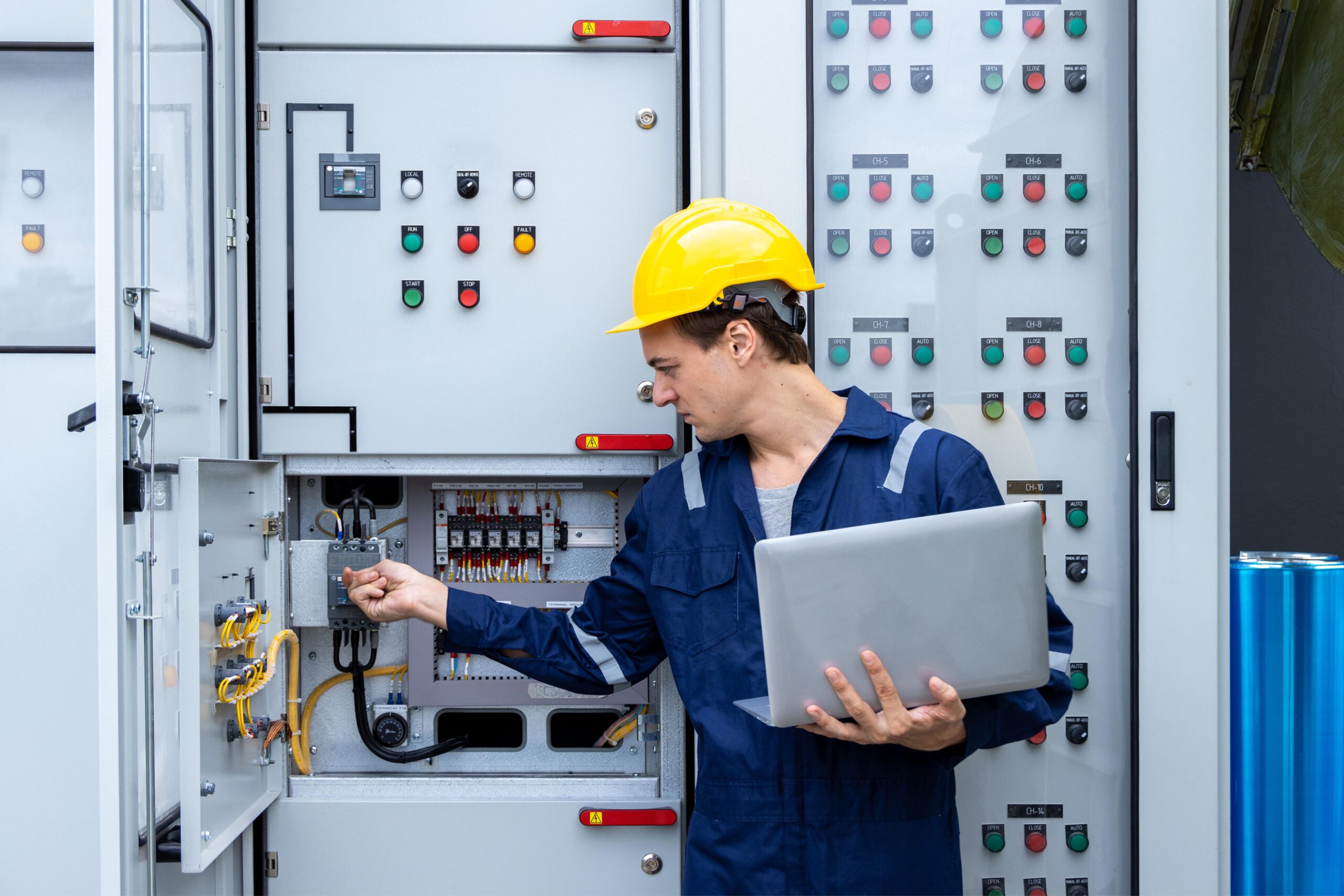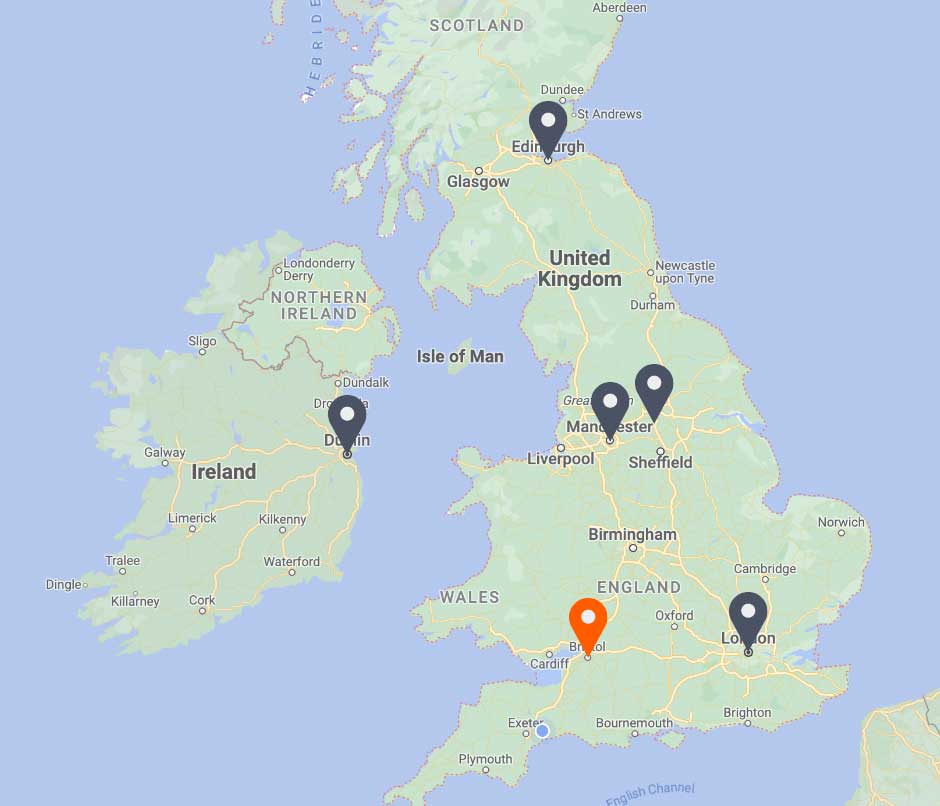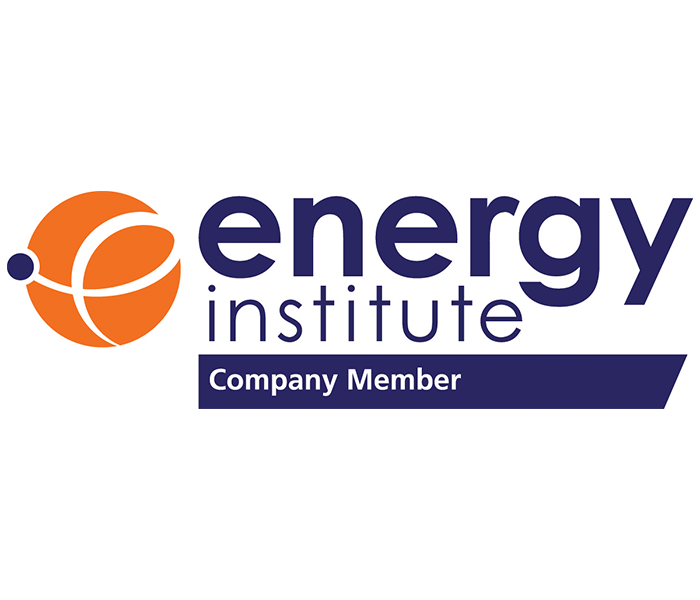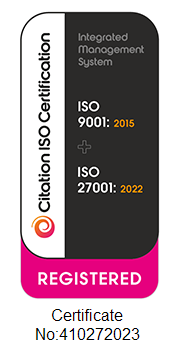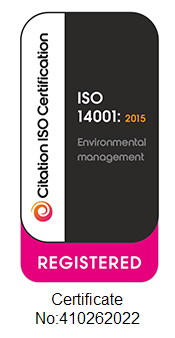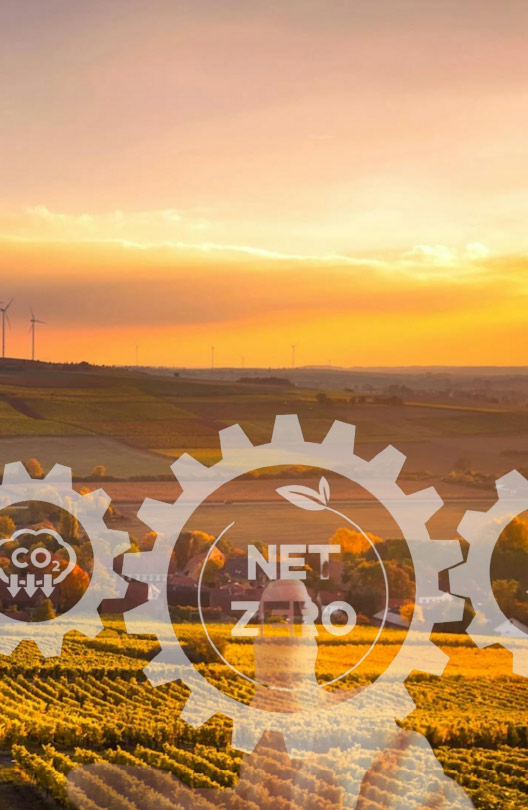THIS ARTICLE AT A GLANCE
CONTACT ETS
If you have any questions or would like to discuss further what you should be doing, ETS is here and willing to help.
Call 0117 205 0542
Email enquiries@energy-ts.com
Submit a contact form
CHECK OUR SERVICES
Blockchain and the Built Environment

Introduction to Blockchain
Blockchain is an extremely complex and in-depth topic that could cover numerous elements and be discussed at great length for various industries. We are already seeing Blockchain being used to great effect and success in industries such as Finance with advances in Bitcoin and the technology surrounding it.
At its core, a Blockchain is a data management protocol that uses a shared set of records or transactions from multiple sources that are digitally synchronized in order to create a combined, tamper resistant source of truth rather than relying on an individual or centralised data sets where potential for distrust or inaccessibility can become a limiting factor.
Blockchain technology is an example of a distributed ledger system which is used to validate transactions to then build a shared database. These databases rely on secure networks to record transactions which are then authenticated by multiple algorithms to ensure that the data being collected is recorded and then digitally timestamped making alteration of this data very difficult.
The Future of Blockchain
Potential applications of Blockchain technology across various industries are almost infinite, as theoretically Blockchain can be applied to any process where there is a data transaction involved. The financial industry and especially the rise of Cryptocurrencies has seen the most prevalent rise in this emerging technology, with increased use providing solutions to increase speed of banking functions or improving identity and fraud protection amongst many others.
However, because of the misunderstandings of the technology surrounding Blockchain, business leaders are struggling to predict the future of this technology and the opportunities it offers. One industry in which decision makers are starting to see the possibilities for Blockchain implementation is the energy industry. There is a growing consensus that this technology will have the potential to improve efficiency of current processes and practices, accelerate the development of IoT platforms and provide greater opportunities in P2P energy trading.
Blockchain and the Built Environment
So, what are some of the main benefits that the energy sector can gain from Blockchain technology and how will this impact on the built environment? As with all industries, Blockchain increases the trust in data transactions and with that, it will allow firms to be more transparent with their data. Smart Energy Contracts are a way in which this will benefit the industry allowing energy companies to automatically trade when certain variables such as volume or price are met.
Blockchain will also open new energy markets and increase access to existing markets for individuals, businesses and communities alike. This will become increasingly important to community owned microgrids for example, where through the use of P2P trading, it will allow owners of renewable energy systems to trade their energy with consumers, without having to go through the major suppliers allowing better rates for the traders which in turn will pass savings onto the end users.
Technological advances will also allow for increased support of the low carbon agenda. An example of this is helping develop the charging infrastructure for Electric Vehicles (EV). Historically, the amount you pay for these type of energy services has been somewhat of a mystery, however by implementing Blockchain systems within the EV charging network, owners of vehicles will be able to see if they are being overcharged for the energy they consume, whilst owners of charging points will be able to assess whether or not they are being underpaid for their services. The more trust generated from these transactions, the more willing service providers should be and in turn provide better coverage of charging stations for EV owners.
Do you have a future business case for Blockchain?
The examples above are only a small portion of what could be achievable. Currently it may be too far away in your plans to be thinking about introducing Blockchain technology into your business however if you believe that there may be a need for renewable energy systems, there is no better time than now to start to review what your requirements might be, what potential solutions might be made available through advances in Blockchain technology in the energy and built environment.
Alongside that, these technologies are still mostly in pilot and development stage and still emerging but is anticipated to be huge in the future. Whilst timescales are unclear as to when these advances become more widespread, current UK government policy keeps increasing pressure towards the energy sector to become more reliant on smart grid technology over the coming decade.
So whether or not business needs are critical at this moment, getting familiar with these trends early so that informed decisions can be made further down the line is important.
Final thoughts
If you are looking for an energy management system that is tailored to your business needs, ETS can provide you with 25 years of experience in dramatically improving energy efficiency and reducing environmental impacts. Whether your businesses have individual assets or large international portfolios, ETS can assist you in saving substantial amounts of money while significantly reducing your carbon performance.
To discuss your requirements, get in touch. You can contact us by calling 0117 205 0542 or drop us an email at enquiries@energy-ts.com.
Introduction to Blockchain
Blockchain is an extremely complex and in-depth topic that could cover numerous elements and be discussed at great length for various industries. We are already seeing Blockchain being used to great effect and success in industries such as Finance with advances in Bitcoin and the technology surrounding it.
At its core, a Blockchain is a data management protocol that uses a shared set of records or transactions from multiple sources that are digitally synchronized in order to create a combined, tamper resistant source of truth rather than relying on an individual or centralised data sets where potential for distrust or inaccessibility can become a limiting factor.
Blockchain technology is an example of a distributed ledger system which is used to validate transactions to then build a shared database. These databases rely on secure networks to record transactions which are then authenticated by multiple algorithms to ensure that the data being collected is recorded and then digitally timestamped making alteration of this data very difficult.
The Future of Blockchain
Potential applications of Blockchain technology across various industries are almost infinite, as theoretically Blockchain can be applied to any process where there is a data transaction involved. The financial industry and especially the rise of Cryptocurrencies has seen the most prevalent rise in this emerging technology, with increased use providing solutions to increase speed of banking functions or improving identity and fraud protection amongst many others.
However, because of the misunderstandings of the technology surrounding Blockchain, business leaders are struggling to predict the future of this technology and the opportunities it offers. One industry in which decision makers are starting to see the possibilities for Blockchain implementation is the energy industry. There is a growing consensus that this technology will have the potential to improve efficiency of current processes and practices, accelerate the development of IoT platforms and provide greater opportunities in P2P energy trading.
Blockchain and the Built Environment
So, what are some of the main benefits that the energy sector can gain from Blockchain technology and how will this impact on the built environment? As with all industries, Blockchain increases the trust in data transactions and with that, it will allow firms to be more transparent with their data. Smart Energy Contracts are a way in which this will benefit the industry allowing energy companies to automatically trade when certain variables such as volume or price are met.
Blockchain will also open new energy markets and increase access to existing markets for individuals, businesses and communities alike. This will become increasingly important to community owned microgrids for example, where through the use of P2P trading, it will allow owners of renewable energy systems to trade their energy with consumers, without having to go through the major suppliers allowing better rates for the traders which in turn will pass savings onto the end users.
Technological advances will also allow for increased support of the low carbon agenda. An example of this is helping develop the charging infrastructure for Electric Vehicles (EV). Historically, the amount you pay for these type of energy services has been somewhat of a mystery, however by implementing Blockchain systems within the EV charging network, owners of vehicles will be able to see if they are being overcharged for the energy they consume, whilst owners of charging points will be able to assess whether or not they are being underpaid for their services. The more trust generated from these transactions, the more willing service providers should be and in turn provide better coverage of charging stations for EV owners.
Do you have a future business case for Blockchain?
The examples above are only a small portion of what could be achievable. Currently it may be too far away in your plans to be thinking about introducing Blockchain technology into your business however if you believe that there may be a need for renewable energy systems, there is no better time than now to start to review what your requirements might be, what potential solutions might be made available through advances in Blockchain technology in the energy and built environment.
Alongside that, these technologies are still mostly in pilot and development stage and still emerging but is anticipated to be huge in the future. Whilst timescales are unclear as to when these advances become more widespread, current UK government policy keeps increasing pressure towards the energy sector to become more reliant on smart grid technology over the coming decade.
So whether or not business needs are critical at this moment, getting familiar with these trends early so that informed decisions can be made further down the line is important.
If you have any questions regarding the energy needs of your business, our expert team at ETS are always here to help. You can contact us by calling 0117 205 0542 or by dropping us an email at enquiries@energy-ts.com
Related Article
8 Ways Businesses Can Reduce Energy Use in the Workplace This Winter
Discover how to comply with ESOS Phase 4 and unlock energy-saving opportunities for your business. This guide explains the requirements, highlights key deadlines, and provides actionable strategies. Learn how energy audits, tailored action plans, and expert support can reduce costs, improve efficiency, and align your organisation with sustainability goals.
ESOS Action Planning: Complying with Phase 4 and Implementing Energy Saving Strategies
Discover how to comply with ESOS Phase 4 and unlock energy-saving opportunities for your business. This guide explains the requirements, highlights key deadlines, and provides actionable strategies. Learn how energy audits, tailored action plans, and expert support can reduce costs, improve efficiency, and align your organisation with sustainability goals.
Important Update: What You Need to Know about ESOS Phase 3
Time is ticking for the ESOS Phase 3 deadline. The Environment Agency announced that the reporting system is available now. For organisations qualifying for ESOS Phase 3, the deadline for submitting a compliance notification is 5 June 2024, and organisations should still look to meet this compliance notification deadline where possible.











